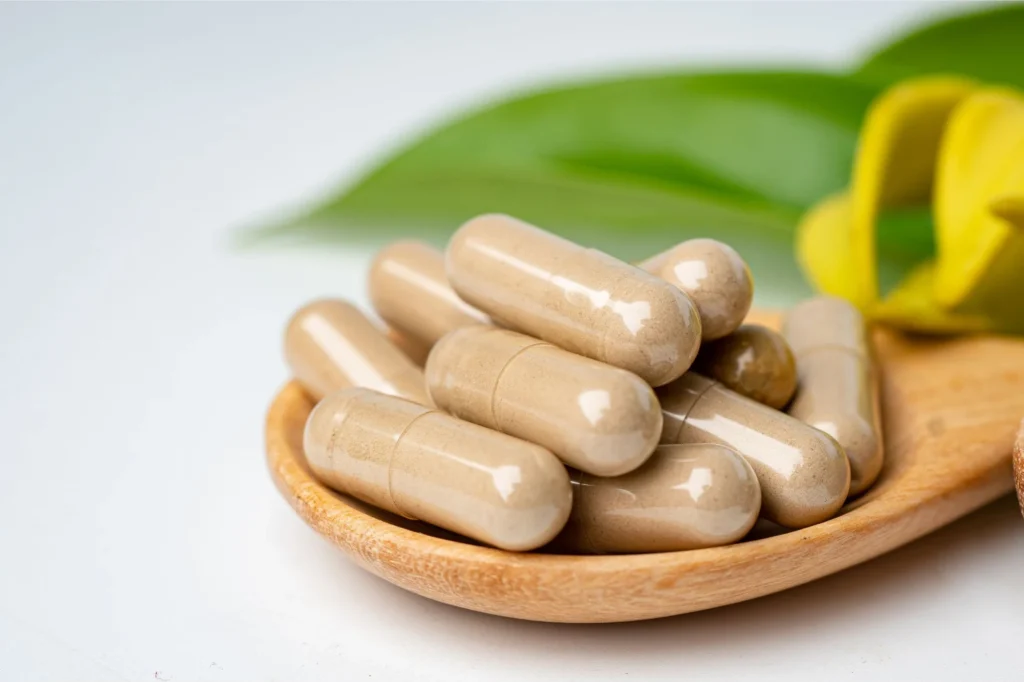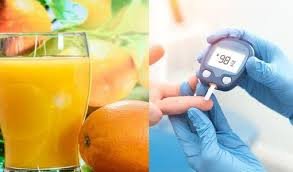Introduction
In recent years, herbal supplements have surged in popularity, with millions turning to them as natural alternatives to conventional medicine. However, a disturbing new revelation has sent shockwaves through the health community: a widely used herbal supplement has been linked to deadly liver disease. While marketed as safe and beneficial, this supplement may be causing more harm than good, especially to unsuspecting users who rely on it for their health and wellness.
This article explores the growing concern, scientific evidence, and what consumers need to know to stay safe.
Which Herbal Supplement Is Under Scrutiny?
According to recent medical reports and case studies published in leading journals, kava, a traditional herb used to relieve anxiety and stress, has been identified as a potential cause of acute liver failure in some users. Originally derived from the root of the Piper methysticum plant, kava is promoted as a natural calming agent and is sold widely in health stores and online.
Despite its perceived benefits, numerous adverse cases have been reported across the U.S., Europe, and Australia — ranging from mild liver inflammation to fatal liver failure requiring transplants.
How Kava Affects the Liver
The liver is responsible for metabolizing substances that enter our bodies, including medications and herbal products. Scientific research shows that kava may produce toxic metabolites in the liver, especially when consumed in high doses or combined with alcohol or other medications. These toxins can trigger:
- Hepatitis-like symptoms
- Jaundice
- Liver enzyme abnormalities
- Liver necrosis (death of liver tissue)
- Full-blown liver failure
What’s particularly concerning is that many of these side effects can appear suddenly and without warning, even in healthy individuals with no prior liver issues.
Scientific Studies and Medical Warnings
A landmark study published in the Journal of Hepatology analyzed over 50 reported cases of liver toxicity linked to kava consumption. Key findings include:
- 35% of patients required liver transplants
- 15% resulted in death
- Toxicity was not necessarily dose-dependent, meaning even small doses posed a risk
Regulatory agencies in several countries, including Germany, Canada, and the UK, have either restricted or banned kava products. In the U.S., the FDA issued a warning about potential liver damage as early as 2002, but the product remains legal and accessible.
Other Herbal Supplements Also Raise Red Flags
While kava is currently under the microscope, it’s not alone. Other herbal products associated with liver damage include:
- Green tea extract (when taken in high concentrations)
- Black cohosh (commonly used for menopause)
- Chaparral (marketed for detox and anti-inflammatory uses)
- Comfrey (known for wound healing but banned in many countries)
This raises a critical issue: the herbal supplement industry is poorly regulated, with many products skipping rigorous safety testing.
What Consumers Need to Know
Before adding any herbal supplement to your routine, especially those claiming to relieve stress, pain, or inflammation, consider the following precautions:
- Consult a doctor or hepatologist, especially if you have a history of liver issues.
- Avoid combining herbal supplements with alcohol or prescription medications.
- Look for third-party testing certifications to ensure product quality.
- Monitor for early signs of liver trouble, such as fatigue, nausea, dark urine, or yellowing of the skin.
- Report adverse effects to the FDA’s MedWatch program.
Call for Stricter Regulations
Experts and medical professionals are urging stronger oversight of the supplement industry. Unlike pharmaceutical drugs, herbal products do not require FDA approval before hitting the market, making it difficult to ensure public safety.
There is a growing call for:
- Mandatory labeling of potential side effects
- Full transparency on ingredient sourcing and concentrations
- Post-market surveillance of adverse effects
- Banning of high-risk products like kava unless proven safe
Conclusion
Herbal supplements, though natural, are not always safe. The recent link between kava and deadly liver disease underscores the urgent need for consumer education and industry reform. While the wellness trend continues to grow, so must our awareness and skepticism. Not everything sold over the counter is risk-free — and in some cases, the price may be your life.


